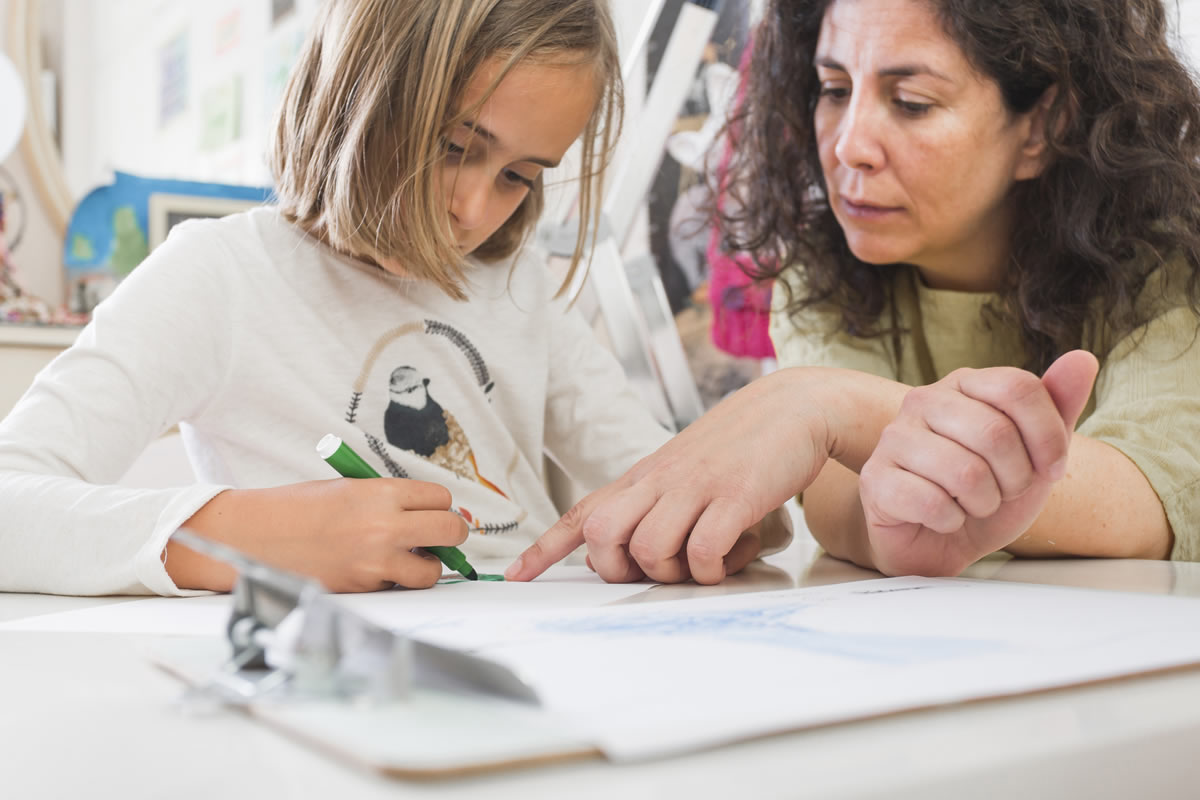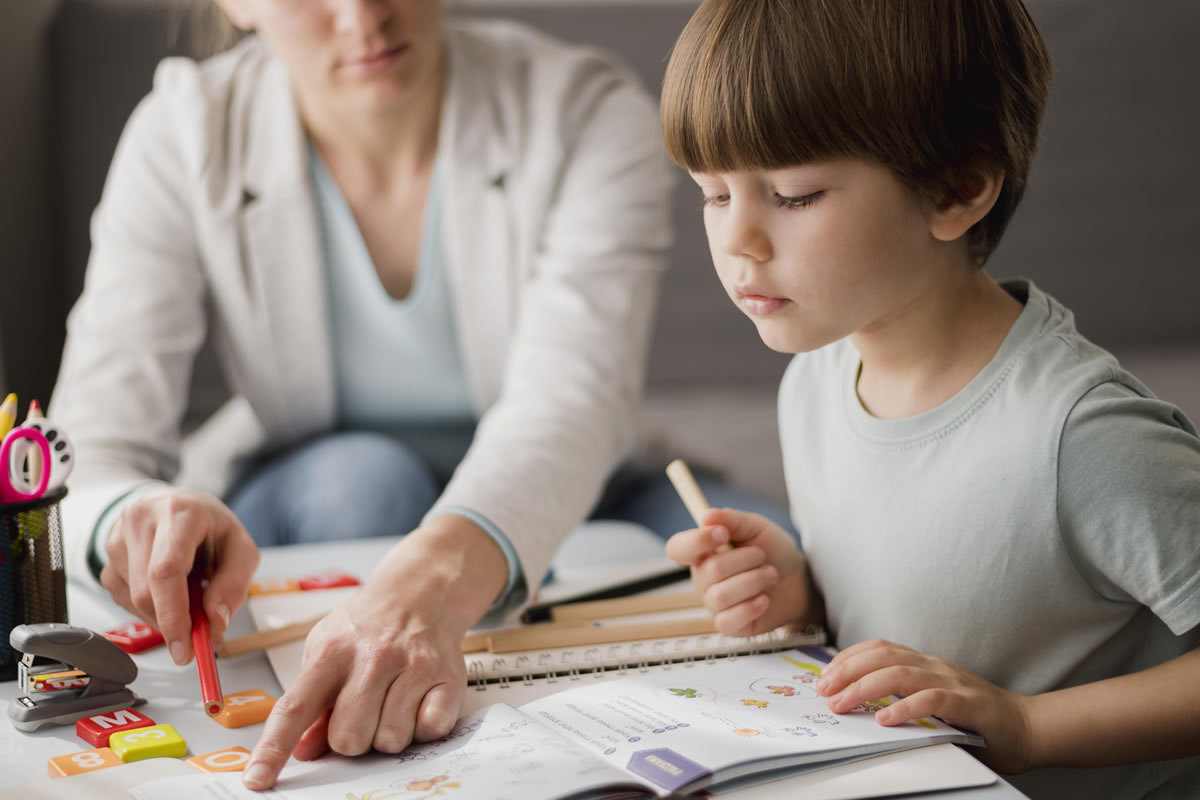Suitable for Parents
Overview
Parenting is tough! Parenting children with learning disabilities is tougher yet!
A family’s ability to cope with the challenges that learning differences present is dependent upon their understanding of their child’s unique strengths and difficulties, how well they can advocate for their child within the educational system, and the appropriateness of the interventions, accommodations and support accessed at school, at home, and within the community.
This workshop series is designed to enhance parents’ understanding of learning disabilities so they can ensure their child’s academic, social, and emotional needs are met.
Each workshop is one-hour in length (from 7 p.m. to 8 p.m.) which include 10 minutes scheduled for questions from the audience. The schedule is as follows:
- What is a Learning Disability?
September 30, 2024 - Supporting Literacy Development at Home
October 21, 2024 - Brain Boosting Learning Strategies/Study Skills for Students with Learning Disabilities
November 4, 2024 - Empowering Students Through Advocacy
November 18, 2024 - Learning Disabilities and Mental Health
December 2, 2024
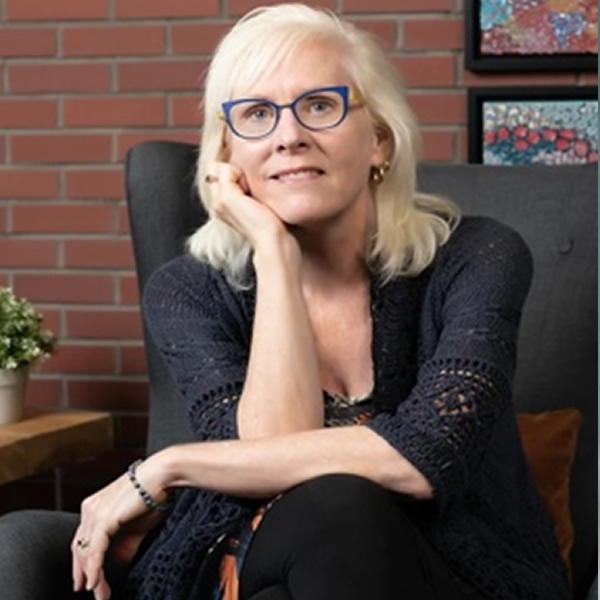
Michele Pentyliuk
Registered Psychologist
Michele Pentyliuk
Michele Pentyliuk, M. Ed., is a Registered Psychologist and Certified Teacher working in private practice in Edmonton as a clinician and the managing partner of North Land Family Counselling Group. The focus of her practice is on identification of – and interventions for – individuals who encounter challenges within educational environments. Early intervention regarding literacy learning is a particular interest. Michele started her career as a Special Education teacher, then moved into private practice as an educational consultant before embarking on her graduate program where she focused her studies on assessment and intervention practices, culminating her program with a thesis evaluating parental involvement in assessment. Michele has presented workshops to parents, professionals, and students throughout Canada on a wide range of topics related to learning and learning differences. She has provided strategy instruction to individuals, small groups, and large audiences at all educational levels.

Jodi DeVries
Experienced educator, University of Alberta course instructor and Doctoral student in Special Education
Bio of Jodi DeVries
Jodi DeVries is an experienced educator with over 15 years of classroom teacher, including teaching middle school in Calgary and high school students with language-based learning disabilities in Massachusetts. Jodi completed her Masters of Education, at Harvard Graduate School of Education. Her experience expands to creating literacy resources for teachers through Alberta Education and as a sessional instructor at Mount Royal University. Jodi is currently a PhD student in Special Education at the University of Alberta. Jodi is passionate about the need for knowledge and use of evidence-based literacy practices in schools, and works with many Alberta schools to support their capacity to deliver such instruction.
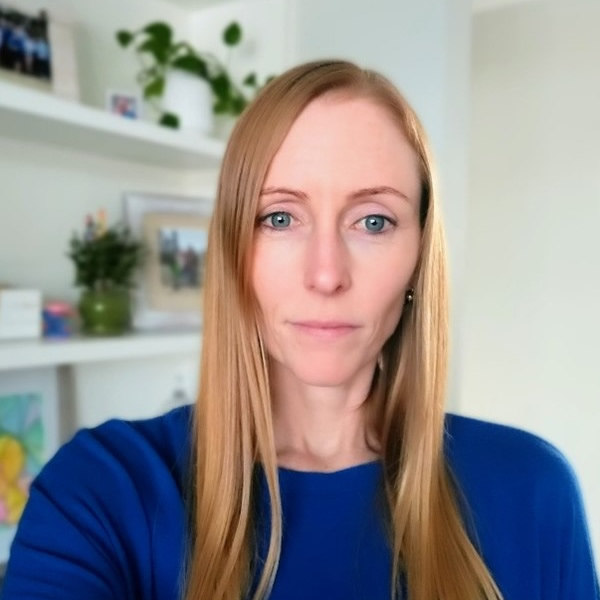
Sarah Sarich
Bio of Sarah Sarich
Sarah Sarich, is the President and a founding member of Decoding Dyslexia Alberta. She is a passionate advocate dedicated to raising awareness about dyslexia and empowering families to support their children.
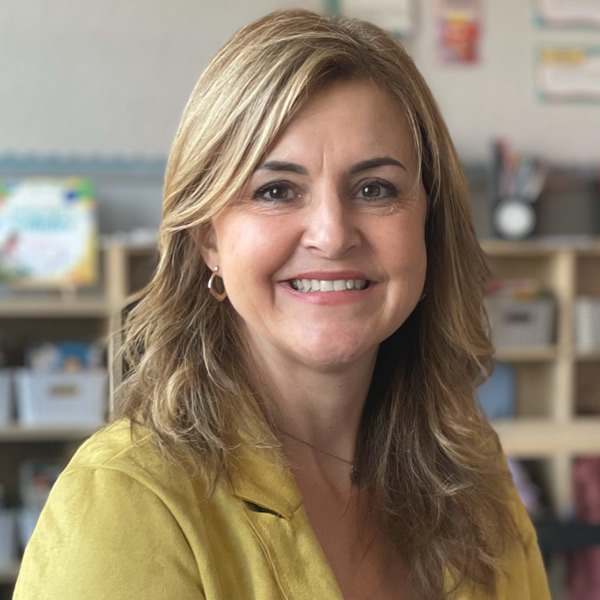
Michelle Smith
Registered Psychologist
Bio of Michelle Smith
Michelle Smith, M.Ed. brings over 35 years of extensive experience in the school system, having served in various roles including teacher, school counsellor, school psychologist and division consultant. Throughout her career, Michelle has developed expertise in working collaboratively with parents, caregivers and school teams to tailor effective interventions that promote the academic and social-emotional growth of students of all ages and abilities. Michelle has a particular interest in promoting positive self-esteem and fostering emotional wellness strategies for students facing learning challenges. Michelle is a volunteer on the Right to Read Advisory Committee, and currently serves as the Director of Harmony Psychology, where she specializes in Play Therapy for school-aged children and adolescents.

